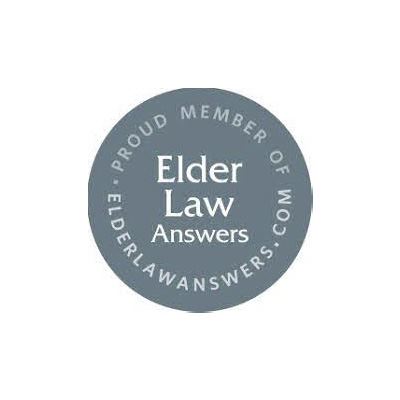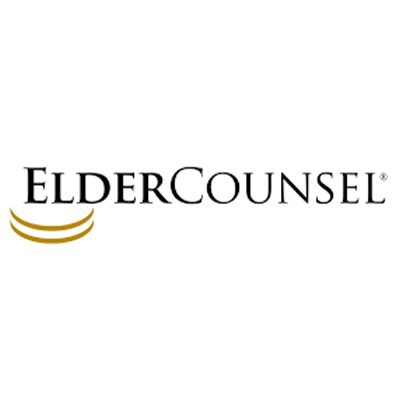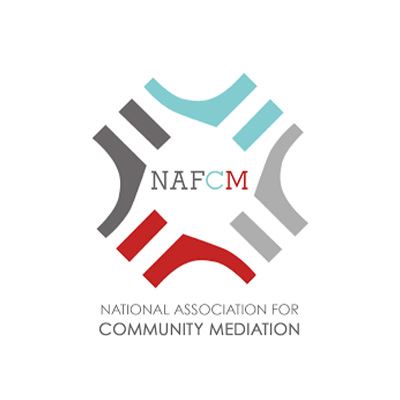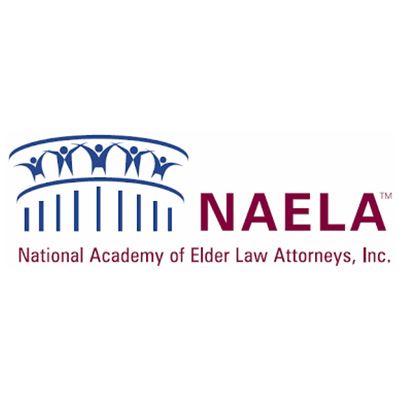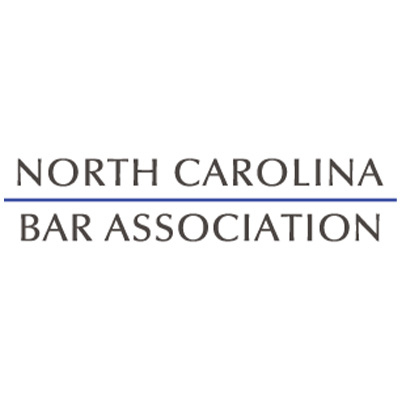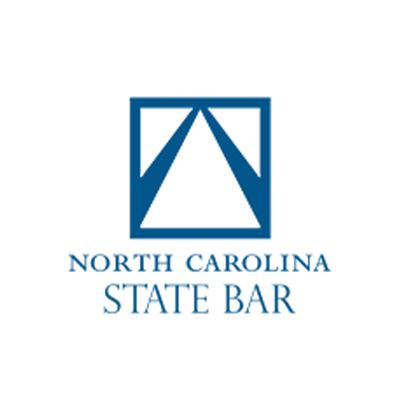
Medicaid Eligibility & Application Process
Discuss Your Case with Our Charlotte Elder Law Attorney
Medicaid is a combination state/federal program that provides financial assistance for medical care to qualified individuals. Most people who require long-term care will ultimately need to apply for long-term care Medicaid assistance. Once obtained, Medicaid pays the difference between your income and the cost of nursing home care.
The qualification requirements for Medicaid are complicated, confusing, and vary greatly by state. Many people make disastrous financial transactions prior to seeking legal counsel and applying for Medicaid. In many cases, these mistakes can cost thousands of dollars and/or several years’ delay in qualifying. It is crucial to seek guidance from an elder law attorney before beginning this process.
Contact the Law Office of Kelli Y. Allen, PLLC at (704) 870-0340 for a consultation with our Charlotte elder law attorney today.
Qualifying for Medicaid
When determining financial qualification for Medicaid, attention must be paid to both assets and income. In North Carolina, the Medicaid applicant is only allowed to have $2000 in “countable” assets. If an asset is not “countable,” its value is not included in the $2000 limit.
In general, “countable” assets include:
- Cash
- Stocks
- Real estate
- CDs
- Boats
- Most IRAs
Assets
In most cases, the Medicaid applicant’s home is not a countable asset. As long as the home was the Medicaid applicant’s primary residence prior to moving into a long-term care facility (or only a short time out of the home), the home is protected as long as the equity is less than $585,000 (2019 limit). In North Carolina, the applicant’s intention to return home makes the home non-countable. Even if it is unlikely that the applicant will be able to return home, the mere intent is enough to protect the asset. Even if there is no intention of returning home, it is not countable if his or her spouse or dependent lives there.
If the applicant is married, the spouse (referred to as the community spouse) is allowed to keep up to half of the couple’s combined assets, up to a maximum of $126,420 (2019 limit). North Carolina Medicaid law dictates the date upon which the asset value is determined, which, in some cases, is years before the Medicaid application. Therefore, it is important not to transfer assets or pay off debts in anticipation of Medicaid qualification before speaking with an elder law attorney.
Income
When determining Medicaid eligibility, only the applicant’s income—not the income of the spouse—is considered. The spouse may have any amount of income and it will have no bearing on the applicant’s eligibility. However, if the applicant’s income is more than the long-term care facility’s private pay rate, he or she is ineligible for Medicaid. If the income is lower, the applicant may qualify but must use all but a small portion of his or her income to pay the facility and Medicaid will pay the difference, based on the Medicaid rate. In some cases the spouse may be allowed to retain a portion of the Medicaid applicant’s income if the healthy spouse’s monthly income is less than $2057.
When considering income, Medicaid uses the “name on the check” rule. Thus, the income belongs to whomever is listed on the check. All income counts, including wages, retirement income, social security, pensions, etc.
Lookback Period
Medicaid employs a lookback period of five years for long-term care Medicaid. If the Medicaid applicant has made any gifts or transferred property out of his/her name for less than fair market value, this is deemed a “sanctionable transfer” which results in a penalty. The penalty is always a length of time that Medicaid will delay coverage because of the transfers. For every $6810 worth of transfers, Medicaid will apply a 1 month penalty. The penalty does not apply to transfers made solely to the Medicaid applicant’s spouse.
Estate Recovery
After the Medicaid applicant’s death, Medicaid can attempt to recover the amount of benefits paid by placing a lien on the estate. If the previously-exempt home (primary residence) falls into the probate estate, it could be subject to this lien. Therefore, it is extremely important to do the proper planning and new deed preparation to prevent this from happening prior to filing for Medicaid benefits.

Whether you have questions or you're ready to get started, our legal team is ready to help. Complete our form below or call us at (704) 870-0340.
Applying for Medicaid
In North Carolina, Medicaid is administered by the Division of Medical Assistance division of the Department of Health and Human Services. Applications are made to local county Department of Social Services. Application procedures vary by county and in most cases, extensive documentation is required. You must be prepared to document all of your current assets and income, as well as the past five years on financial transactions. Failure to provide all required documentation can result in lengthy delays or denial of what would be an otherwise approvable application. Proper legal guidance is essential in ensuring that proper procedure are followed, thereby maximizing your chances for approval.
Contact the Law Office of Kelli Y. Allen, PLLC
As a boutique law firm that focuses on elder law, we offer personalized legal guidance for seniors and their families. Our Charlotte elder law attorney understands the unique challenges faced by those navigating the Medicaid eligibility and application process. She can help you navigate this time in your life so that you can focus on spending time with your family.
For a consultation , call our office at (704) 870-0340 or use our online contact form.

Real Testimonials, Real Cases
-
"I feel like I can trust them and I would definitely go to them again if i needed their help."R.R.
-
"I will be forever grateful. Thank you, thank you, thank you."P.P.
-
"Excellence" must surely be the standard for Kelli Y. Allen Immigration & Elder Law
Brenda S.


